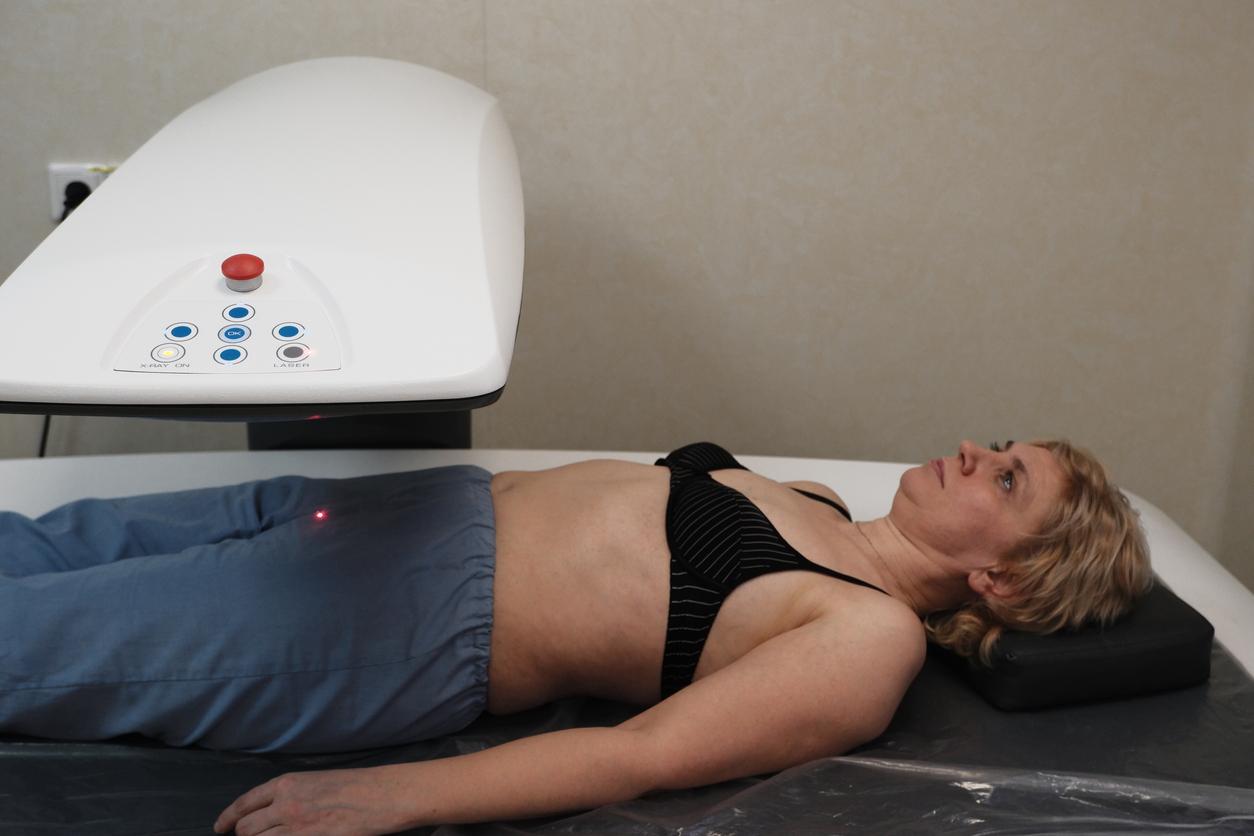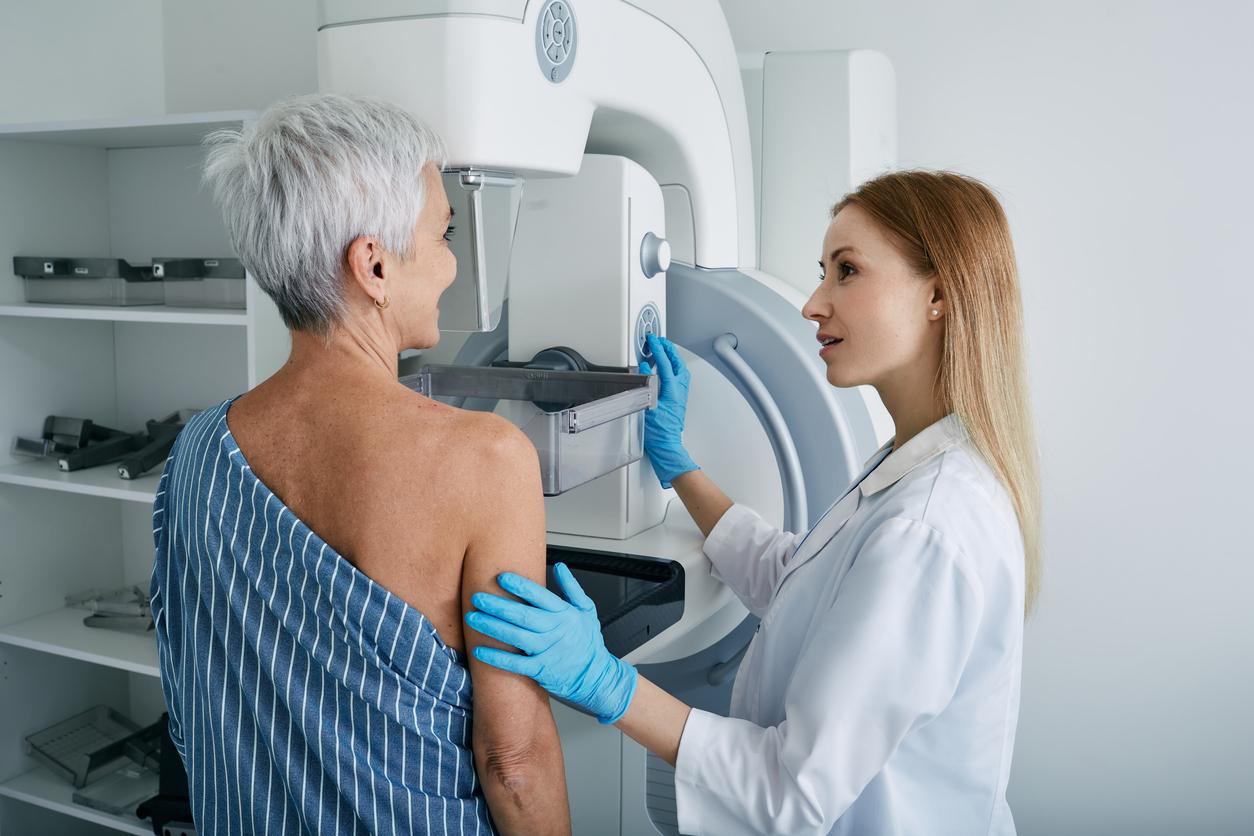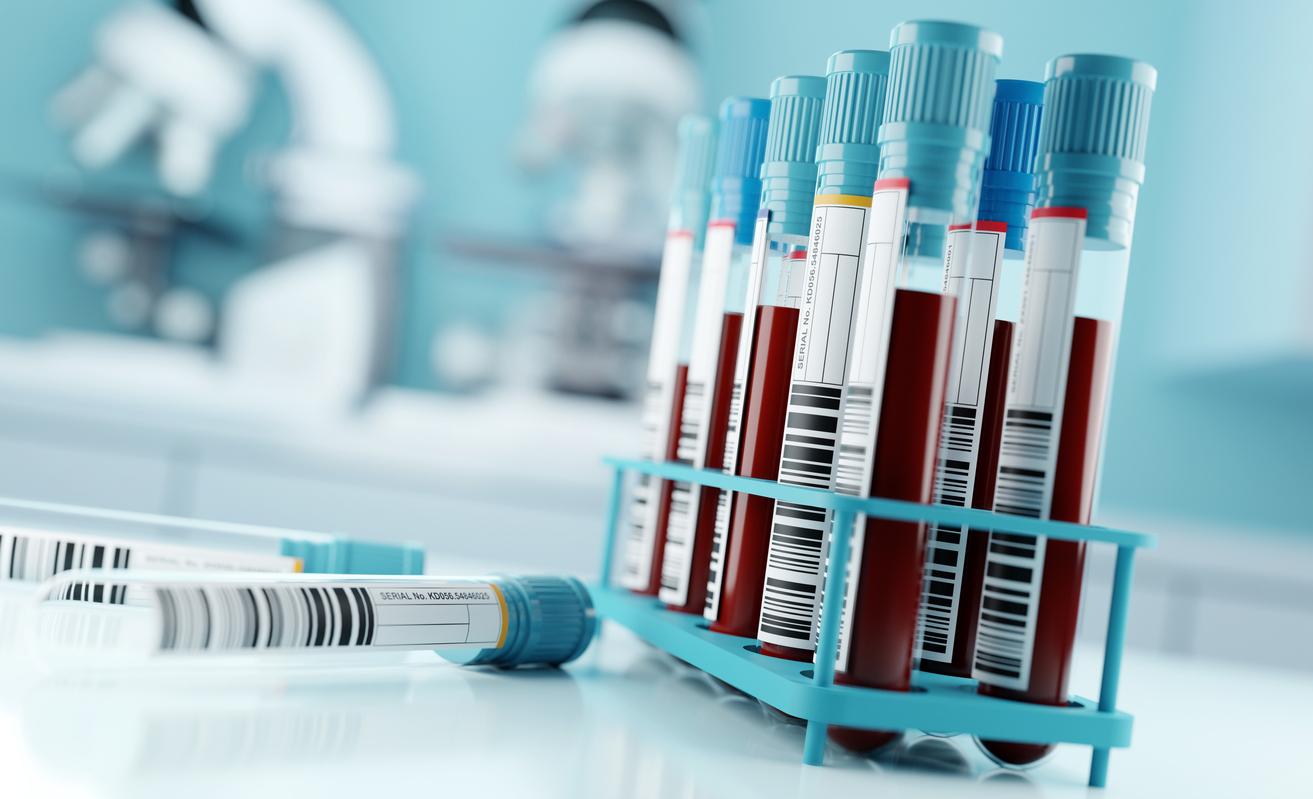Researchers have discovered biomarkers capable of identifying cysts at risk of progressing to pancreatic cancer. Ultimately, this could make it possible to detect this disease earlier.

- Researchers have identified biomarkers that could help detect pancreatic cancer earlier.
- These biomarkers make it possible to identify cysts that may become cancerous.
- A breakthrough that could be major for a cancer that is still very deadly.
In France, there were 14,184 new cases of pancreatic cancer in 2018, including 51% in men, according to theNational Cancer Institute. In 80 to 90% of cases, the disease is diagnosed at a late stage, according to the website of the Vidala French medical book for health professionals.
Pancreatic cancer: the challenge of screening for early diagnosis
The reason is that this cancer can remain without symptoms for a long time. Abdominal or back pain, jaundice, weight loss, fatigue usually appear when the cancer is incurable.
The issue of early detection is therefore very important and many researchers are working on it. A study, published in the journal Science Advances on March 17, 2023, presents a new lead: biomarkers capable of distinguishing pancreatic cysts likely to progress to pancreatic cancer.
“Pancreatic cancer is on the rise and, if the current situation continues, it will become the second leading cause of cancer death in the United States within the next few years. (a similar estimate was made for France, editor’s note)explains Peter Allen, one of the authors, in a communicated. We focused on precancerous cysts, known as intraductal papillary mucinous neoplasia (IPMN). Most IPMNs will never progress to pancreatic cancer, but by distinguishing those that do, we could prevent the development of this incurable disease.“.
Biomarkers show risk of pancreatic cysts
During their work, the authors targeted certain areas of these cysts as well as areas of abnormal cell growth. Thus, they identified a multitude of genetic mutations that favor or limit the development of pancreatic cancer as well as different biomarkers according to the risks of IPMN. Biomarkers are chemical substances whose presence in the body makes it possible to diagnose or monitor the progress of a disease, here pancreatic cancer.
“We found very distinct biomarkers for high-grade cellular abnormalities, as well as slow-growing subtypes”, explains Peter Allen. Now, scientists are working to better identify these biomarkers in order to eventually provide a screening test to identify cysts at risk, and therefore remove them long before the disease develops.
A breakthrough that could be major for this still very deadly cancer. Indeed, in 2018, of the more than 14,100 new cases, there were 11,400 deaths according to the 2022 edition of the Panorama of cancers in France.


















